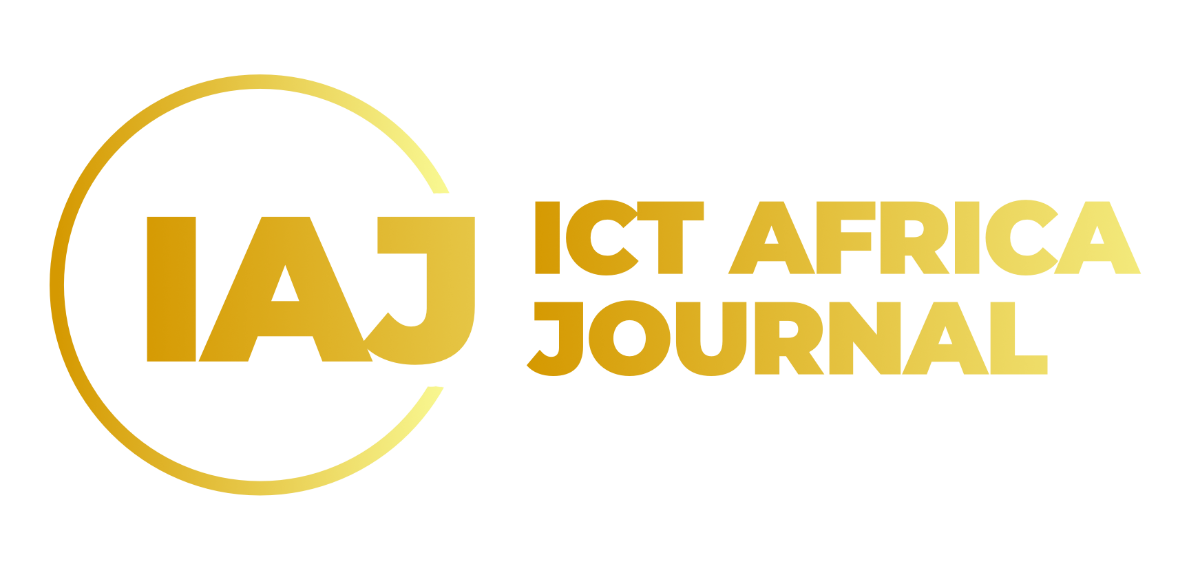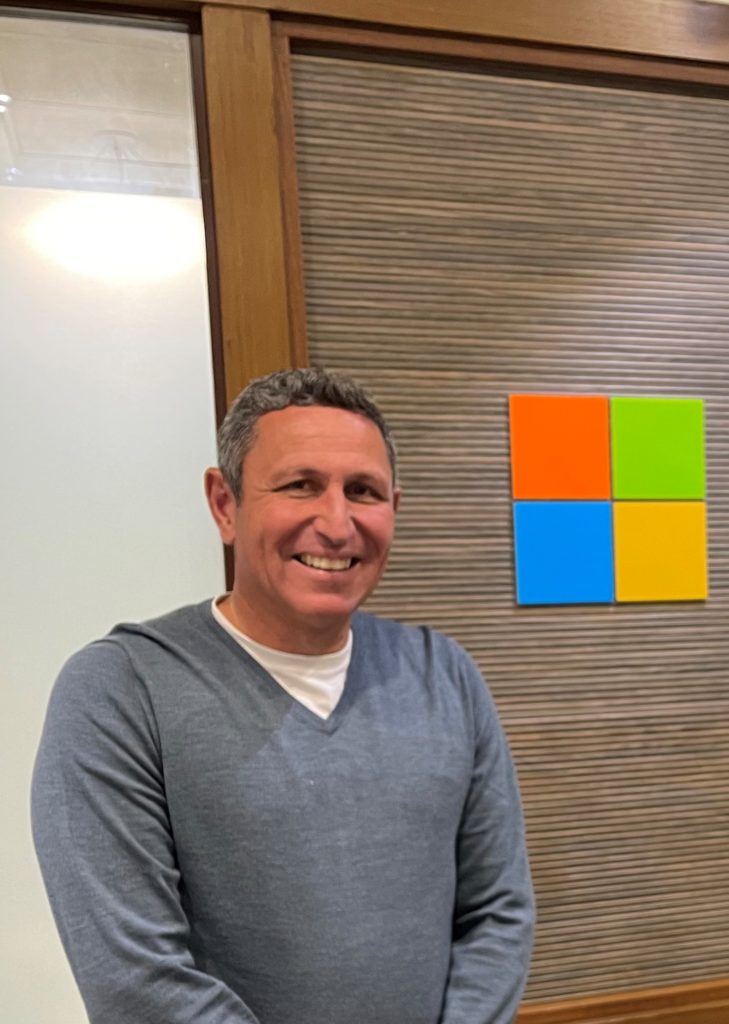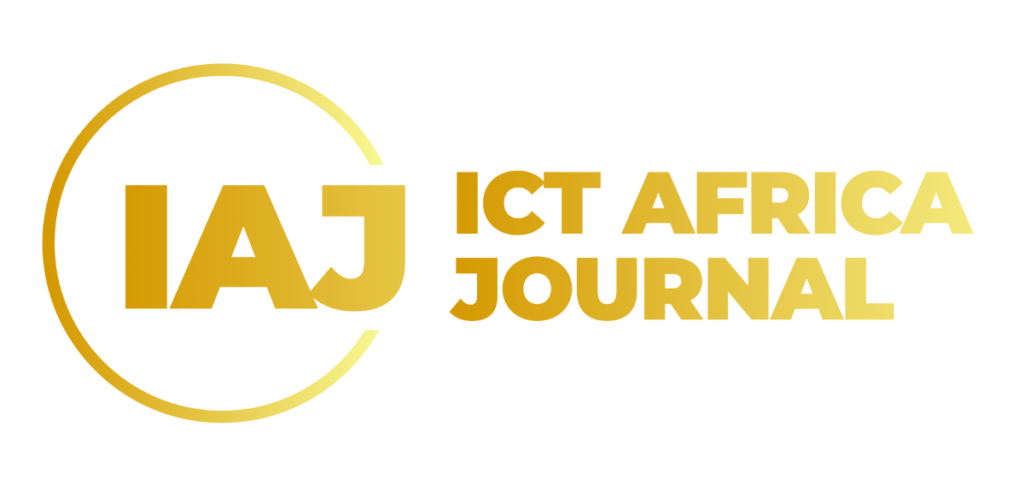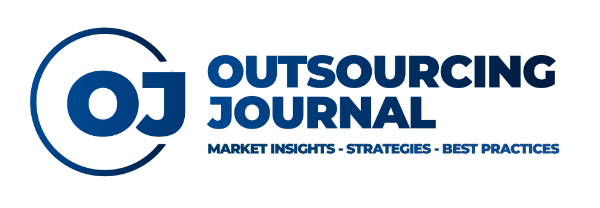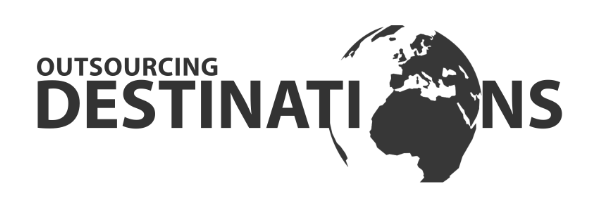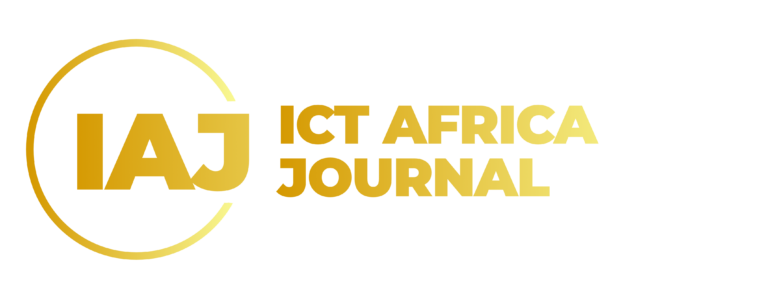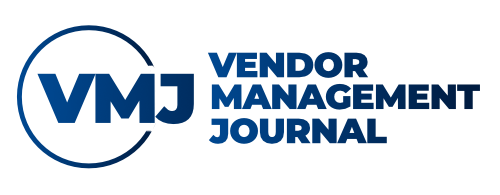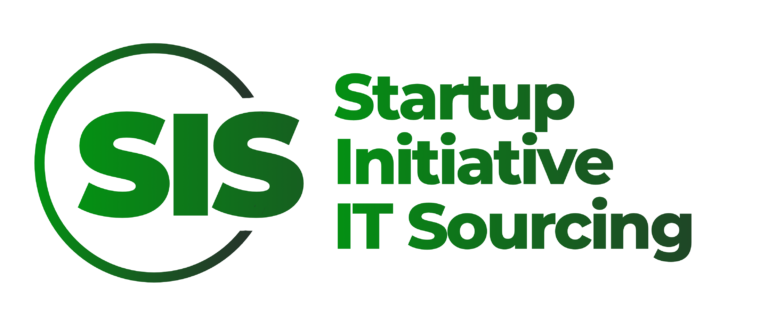Microsoft’s Egypt Development Center (EgDC) consists of software development and applied science teams working on diverse projects that feed into Microsoft’s global products and services. EgDC employs the top talent in computer science and data science in Egypt. We engage in developing the next-generation cloud services that utilize state-of-the-art Machine Learning and Deep Learning. Our engineers are involved in the entire software development life cycle from experimentation to design, development, release functions and DevOps. We employ more than 100 engineers and data scientists. We are growing to triple that size shortly as Microsoft recognizes that Egypt has the largest and best-educated computer/data science talent pool in the entire Middle East & Africa. In addition, growing a dev center in Egypt brings significant cost advantages.
The Evolution of EgDC
The seed of EgDC is the Advanced Technology Lab in Cairo (ATL Cairo). Microsoft established ATL Cairo in 2007 with an initial mission to impact the Arab region by making Microsoft’s products and services more relevant to the Arab world. Microsoft was explicitly interested in the unique expertise around natural language processing and speech processing that Egyptian scientists and engineers have accumulated over the years due to their work on the very complex Arabic language. Over the years, ATL Cairo’s mission evolved beyond just catering to the Arabic-speaking users of Microsoft’s services to serve as a center of expertise for language processing and speech processing across Microsoft.
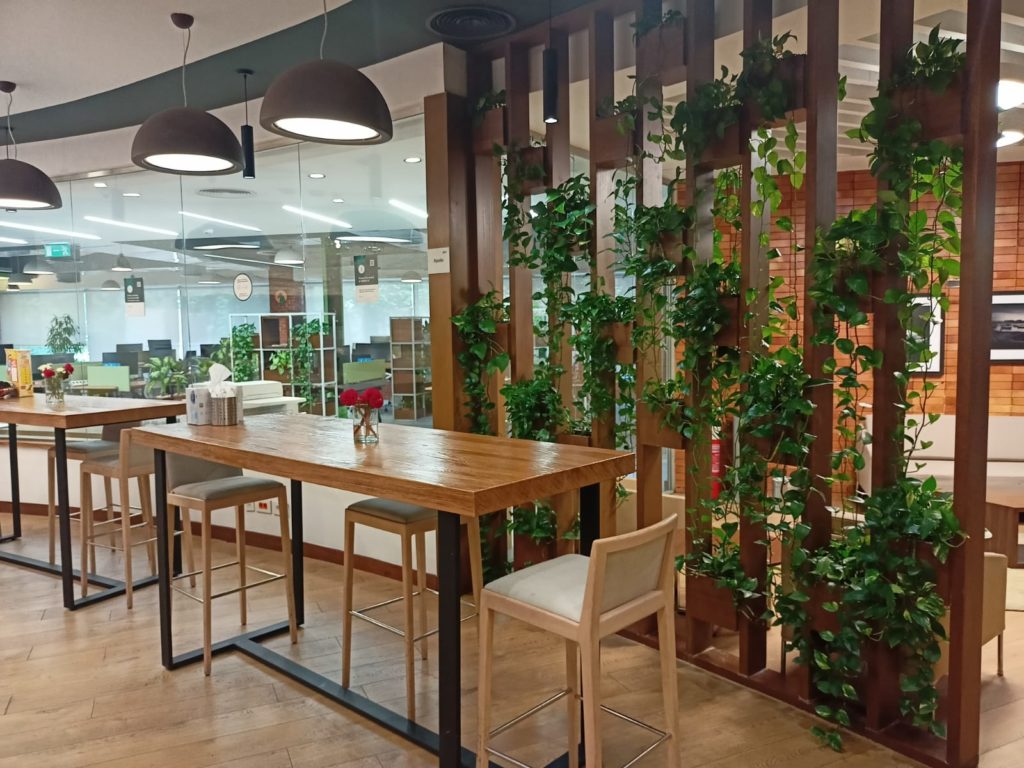
Microsoft’s Egypt Office Copyright: Microsoft
ATL Cairo was initially part of the prestigious Microsoft Research organization. Our impact was measured through the tech transfers we completed to the various Microsoft product teams and, ultimately, the release of our technologies into Microsoft products. Over the years, we migrated to be part of the product teams themselves and expanded our responsibilities from tech transfers to full ownership of specific Microsoft products. Throughout, we maintained our scientific edge. In parallel, other organizations established development teams in Cairo that co-exist with ATL Cairo under the umbrella of EgDC. Based on that 15-years history, we consider EgDC to be a dev center deeply rooted in science.
Our Work
Our staff engages in the experimentation, development, and operation of state-of-the-art cloud-based AI services that power Microsoft’s cognitive services, search, web analytics, and more. We take responsibility for our services’ accuracy, scalability, and reliability.
We maintain our connection with the Microsoft Arabic-speaking users by developing and maintaining the industry’s most accurate Arabic models for machine translation and speech recognition. In addition, we also develop highly accurate models for a comprehensive set of low-resource languages.
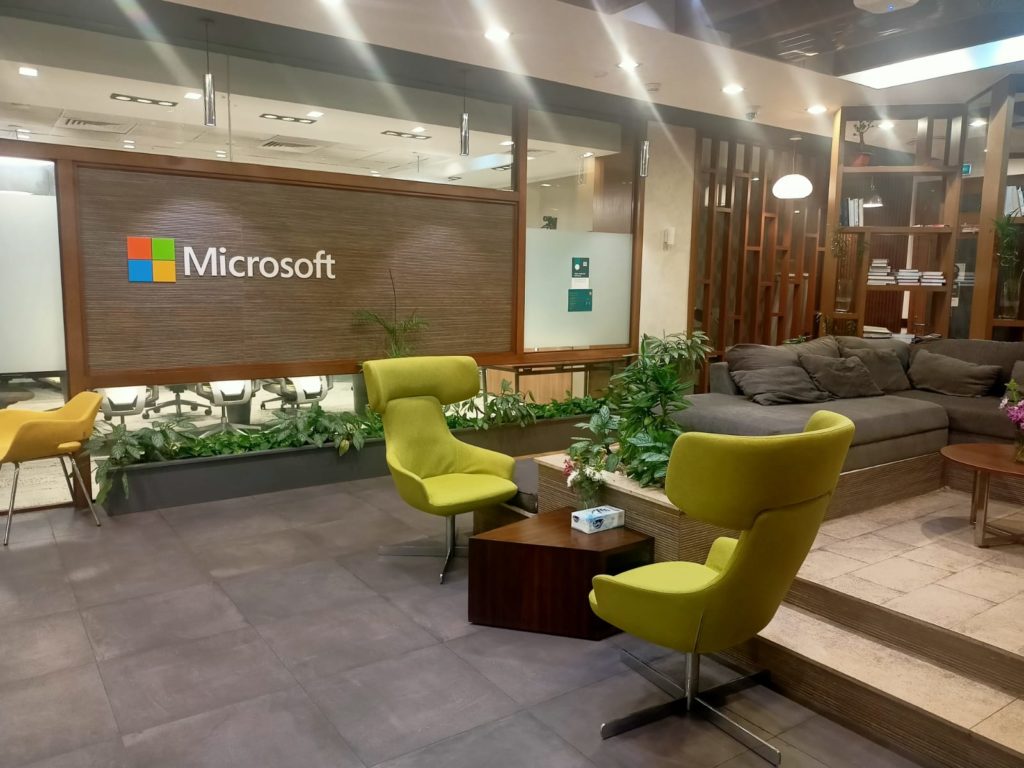
Microsoft Office Copyright: Microsoft
Supporting the Community
Since the EgDC’s inception, it’s been keen on promoting computer science research and development in Egypt. As a result, the lab offers internship programs to students from the entire region. This allows prospective software engineers to work hand-in-hand with our engineers and scientists and to gain hands-on experience with authentic products and state-of-the-art technologies.
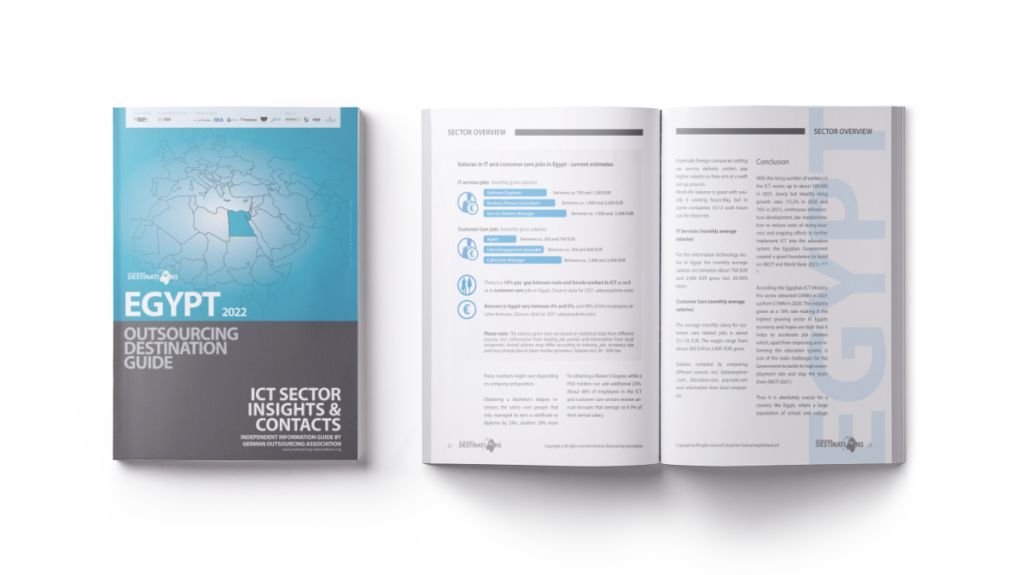
You can read the full article in the Outsourcing Destination Guide Egypt, which is available for free download at www.outsourcing-destinations.org
About the author:
Dr Hussein F. Salama is the Director of Microsoft’s Advanced Technology Lab in Cairo, Egypt. He is responsible for setting up the lab for long-term success and growth and enabling the lab’s engineers and scientists to perform at their best by striking the delicate balance between “freedom to innovate” and “focus on delivery.”
Before joining Microsoft, Hussein founded Citex Software, a startup that built the first open-source mobile advertising platform. While at Citex Software, Hussein helped found and incubated a few early-stage startups. Most notable is Blue Kai, which Oracle acquired in 2014. Before Citex Software, Hussein was the Chief Operating Officer of SySDSoft, an Egyptian startup Intel developed in 2011. In 2005, Hussein co-founded Digital Networked Advertising, Egypt’s first digital signage network.
Hussein started his professional career in 1996 at Cisco Systems in San Jose, California. He was an Adjunct Lecturer at the Department of Computer Engineering, Cairo University, in 2007 and 2008, and he serves on the Advisory Boards of several universities in Egypt.
Hussein received a PhD in Computer Engineering from North Carolina State University and an MBA from San Jose State University, California.
